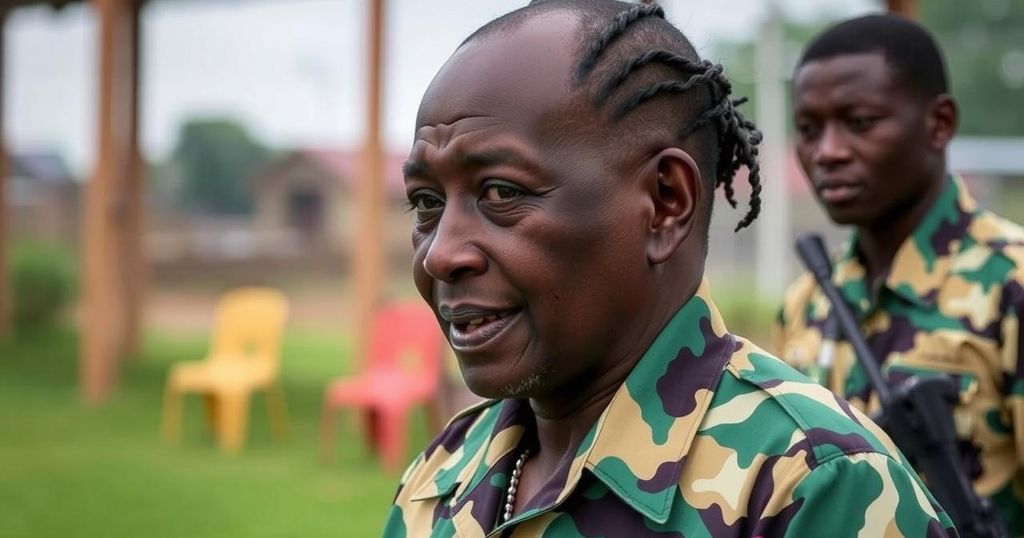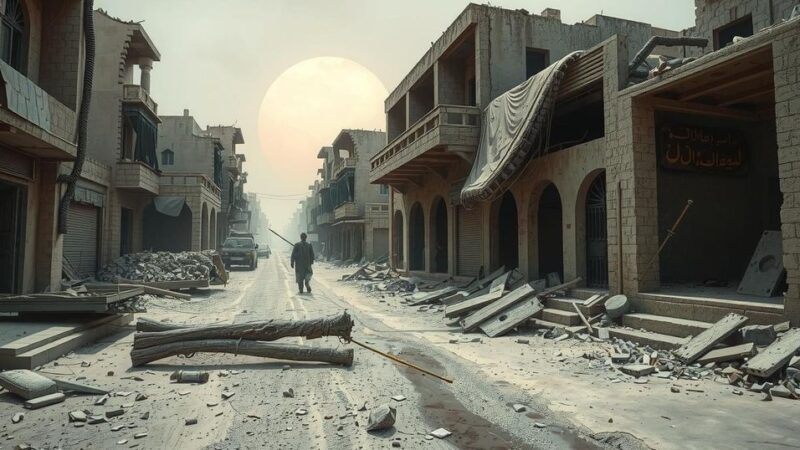Uganda’s military mission in the Democratic Republic of Congo, aimed at combating the ADF, has faced scrutiny due to allegations of supporting rival rebel groups. While some security improvements have been noted, the ADF has expanded its operations, highlighting Uganda’s dual interests in regional stability and economic gain from trade routes. The situation reflects the complex dynamics of military engagement and the influence of external actors in eastern DRC.
Uganda’s involvement in the Democratic Republic of Congo (DRC) has come under intense scrutiny as accusations arise that the Ugandan government is engaged in double-dealing amid its military operations against the Allied Democratic Forces (ADF), a notorious rebel group linked to the Islamic State. Since the commencement of Operation Shujaa, designed to combat the ADF, there have been mixed outcomes; although gains have been achieved in some areas, concerns linger that Uganda may be covertly supporting the M23 rebel group, which is backed by Rwanda.
The operation has successfully diminished the ADF’s stronghold near the Ugandan border, resulting in a decrease in violence in certain regions. Local reports indicate that curfews in the city of Beni have been lifted and supply routes have improved. However, the ADF has managed to shift its operations further inland, exemplifying its resilience despite Ugandan efforts. The group’s recent expansion into previously unaffected regions highlights the complexities of the conflict.
Accusations leveled against Uganda suggest that while it is ostensibly fighting the ADF, it may simultaneously be facilitating the M23’s movements. Such claims prompt questions regarding Uganda’s genuine commitment to regional stability versus its self-serving interests, particularly as the location of military actions appears to favor Uganda’s strategic and economic objectives. The potential economic implications of the conflict, particularly concerning the gold trade and infrastructure projects, further complicate the situation, implying motivations beyond mere security considerations.
Furthermore, Uganda is strategically managing its relationships with both Congo and Rwanda to ensure access to lucrative trade routes while containing threats from regional actors. The ongoing developments underscore the delicate balance that Uganda must navigate as it seeks to safeguard its interests in an increasingly volatile region.
The ongoing conflict in eastern DRC has been marked by the rise of the ADF, which has become known as one of the deadliest armed groups in the region. Uganda initiated military intervention in 2021 under Operation Shujaa to combat the group, which has ties to the Islamic State. Despite some military successes, the ADF has displayed adaptability and brutality, complicating the security landscape in eastern DRC. Concurrently, Uganda’s clandestine ties with the M23 rebel group have raised questions regarding its commitment to peace and stability in the region.
In summary, Uganda’s military operation in the DRC illustrates the intricate interplay of security and economic interests in a complex geopolitical landscape. While Uganda has made strides against the ADF, its alleged support for rival rebel groups raises significant doubts regarding its motivations. The ongoing situation necessitates a careful examination of the broader implications for regional stability, as economic interests play a crucial role in shaping Uganda’s strategies and engagements in the DRC.
Original Source: www.rfi.fr






